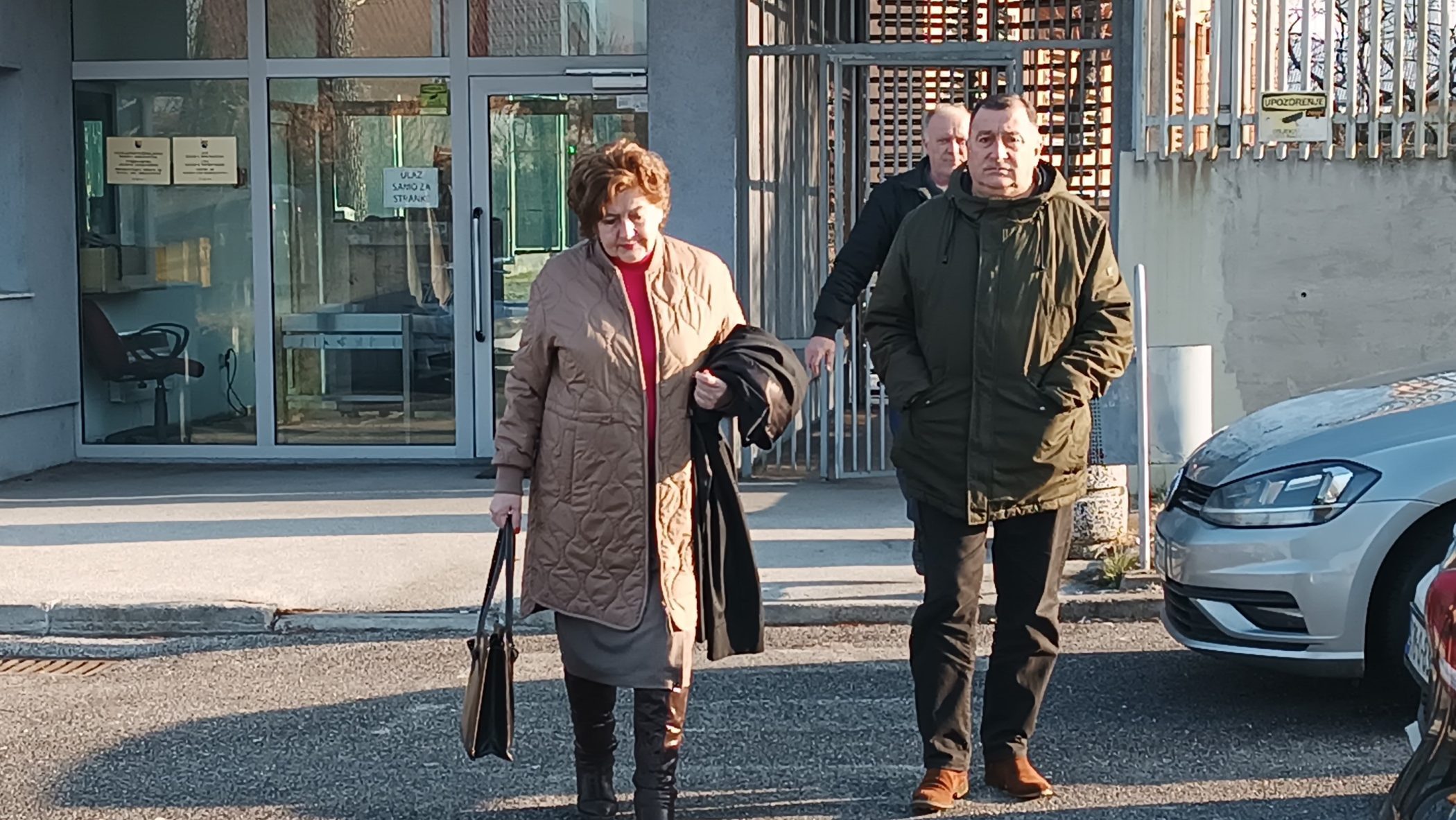Autor:
4. february 2016. | 00:00
This post is also available in: Bosnian
Defendants Fadil Covic, Mustafa Djelilovic, Mirsad Sabic, Nezir Kazic, Becir Hujic, Halid Covic, Serif Mesanovic and Nermin Kalember have been charged with crimes committed in the municipality of Hadzici. The indictment alleges that they were members of military and police authorities, as well as managers and guards in detention camps. Covic was the chief of the public safety station in Hadzici.
They have been charged with the unlawful detention, inhumane treatment, physical abuse, mental anguish and forced labour of Serbs in Hadzici.
Kemal Rizvo, a former member of the crisis committee of the municipality of Hadzici, testified at today’s hearing in Covic’s defense. Addressing the chamber, Rizvo confirmed that the crisis committee issued a decision to temporarily isolate some individuals suspected of collaborating with enemy forces. The crisis committee transformed into the wartime presidency of the municipality later on.
Rizvo said Serbs were originally detained in a school building in Pazaric and a center in Tarcin before being transferred to Silos.
“The center in Tarcin was used for detaining people in the beginning. After many individuals had been disarmed and declared themselves supporters of the SDS and its war actions, they were taken to Silos. It was the only building available to us bearing in mind the security situation as well,” Rizvo said.
Rizvo said the conditions were better than those provided to refugees, particularly during the beginning of the conflict.
“Refugees often slept in stables,” Rizvo said.
Rizvo said some prisoners who hadn’t “committed sins” were released from the school in Pazaric very quickly. He added that it was difficult to organize exchanges due to constant pressure by refugees.
He said some Bosniaks were detained in Hadzici and transferred to Lukavica.
“The fate of 50 people is still unknown,” Rizvo said. He said people from Hadzici said there would be no prisoner exchanges until the fate of their family members had been revealed.
Rizvo said that prior to the beginning of the conflict in the Hadzici area, he had been a member of a peace council. The council was tasked with preventing the breakout of the conflict, but it didn’t succeed.
“Back in 1991, the SDS distributed weapons to Serb people and fire was opened from villages inhabited by Serbs,” Rizvo said.
The trial has been scheduled to continue on February 11.




